Domain age refers to the length of time a domain has been registered and active. Older domains are generally seen as more trustworthy because legitimate businesses tend to maintain their domains for years. In contrast, newly registered domains are often associated with phishing scams, fraud, and other cyber threats due to their short lifespan and lack of historical credibility.
Why Does Domain Age Matter in Cybersecurity?
Cybercriminals frequently register new domains to carry out phishing attacks, malware distribution, and fraud. These domains are often abandoned quickly before security systems and blacklists detect them. Understanding domain age helps users and security tools assess whether a website is trustworthy or a potential threat.
Established Domains vs. Newly Registered Domains: Older domains are more likely to belong to legitimate organizations, while attackers often register new domains for short-term scams.
Trustworthiness: Businesses usually retain their domains long-term, while fraudulent websites disappear once flagged.
Attackers Exploit New Domains: Scammers use fresh domains to avoid detection, tricking users into believing they are genuine websites.
How Cybercriminals Use Newly Registered Domains in Phishing Scams
- Fake Websites: Attackers create fraudulent sites that mimic legitimate ones to steal credentials or financial details.
- Short Lifespan: Many phishing domains are only active for days or weeks before they are taken down or blacklisted.
- Lack of Reputation: New domains lack historical data, making them harder to verify as safe.
What Does It Mean If a Domain Is Very New?
- A newly registered domain is a potential red flag for cyber threats, including:
- Higher risk of fraud: Attackers often use new domains for phishing and malware distribution.
- No historical records: A lack of trust signals or reputation increases the chance of malicious intent.
- Likely part of a phishing campaign: Many scam websites are used for a short period before being abandoned or blocked.
How Should You Proceed If a Domain Is Very New?
- Be cautious when entering personal or financial information on a recently registered website.
- Verify the site’s legitimacy by checking official sources or using tools like Link Inspector to assess domain age and security risks.
- Look for other security signals like SSL certificates, security headers, and contact details, but remember that even phishing sites can have these.
- Avoid clicking on links from unknown emails, ads, or social media messages promoting new websites.
Additional Considerations
Domain age is one factor in identifying a safe website, but it should be checked alongside other security indicators.
Some legitimate businesses may use new domains, so additional verification steps are necessary before trusting a site.
Cybercriminals may also compromise old domains or buy expired ones, so a site’s reputation and activity history should also be considered.
FAQs
How can I check a domain’s age?
You can use online WHOIS lookup tools or security scanners like Link Inspector to find out when a domain was registered.
Are all newly registered domains dangerous?
Not necessarily, but a new domain with no established history should be treated with caution until verified.
Can phishing sites use old domains?
Yes. Attackers sometimes buy expired domains to take advantage of their existing reputation or compromise legitimate sites.
What other signs indicate a website is unsafe?
Look for misspelled URLs, lack of HTTPS, strange pop-ups, and requests for sensitive data as warning signs.
Does domain age affect search engine rankings?
Yes, older domains often rank better in search engines, but this is just one of many ranking factors.
